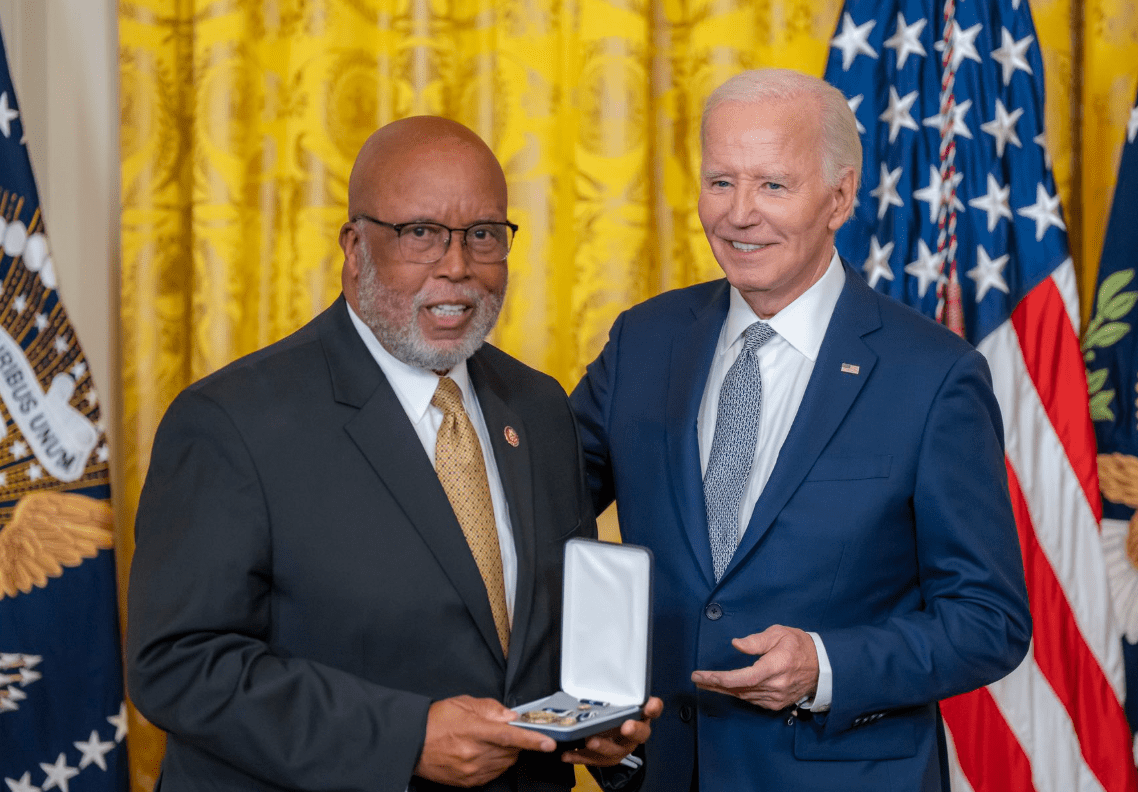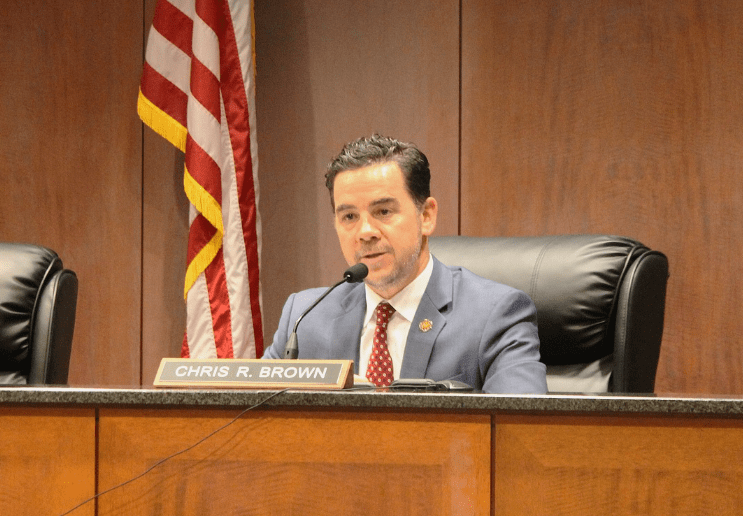SunHerald Editorial: Task force was a good way to shape good public policy
One of the most significant accomplishments of this year’s legislative session was changing how crime is defined and how prison sentences are imposed and served.
But what made this year’s reforms possible was the creation last year of the Corrections and Criminal Justice Task Force.
The task force was bipartisan and represented all three branches of state government: executive, legislative and judicial.
Chaired by Department of Corrections Commissioner Christopher Epps, the task force spent six months last year studying Mississippi’s corrections and criminal justice systems, analyzing data, and consulting criminal justice officials from across the state to develop comprehensive recommendations.
The task force did its job so well that when its findings were presented to the Legislature in House Bill 585, the final version of the measure passed the House 105-13 and the Senate 50-0.
Beginning July 1, Mississippi law will for the first time specify which crimes are classified as violent for sentencing purposes. This will permit the justice system to distinguish between “who we’re mad at and who we’re afraid of,” as supporters of the reforms put it.
Under the new law, anyone convicted of a violent offense will be required to serve at least 50 percent of a sentence, and anyone convicted of a nonviolent offense will have to serve at least 25 percent. Requirements that victims be notified before an inmate is released from prison would also be strengthened.
Judges will soon have more flexibility to impose alternative sentences, such as ordering treatment for drug users. And circuit courts will be authorized to establish treatment programs for veterans who have traumatic brain injuries, depression or drug and alcohol problems.
These changes are expected to trim the number of criminals behind bars in Mississippi. That, in turn, should slow the growth of the state’s prison budget.
Quite a list of accomplishments for one task force.
But there’s more.
In its final report, the task force “expressed interest in pursuing policies around early childhood education” and “acknowledged the need for … an ongoing review of re-entry services and best practices; a review of mental health populations in Mississippi’s jails and prisons; and finally a review of juvenile offenders in the adult system.
“While these issues were ultimately deemed too complex to be adequately addressed within the Task Force’s limited time frame and scope of authority, the Task Force suggested they were worthy of further review.”
Mississippians should commend those who took up this challenge and encourage others to pursue it even further.
Indeed, this approach could and should be used to bring about legislative action on other complex and divisive issues.
SunHerald
4/8/14







